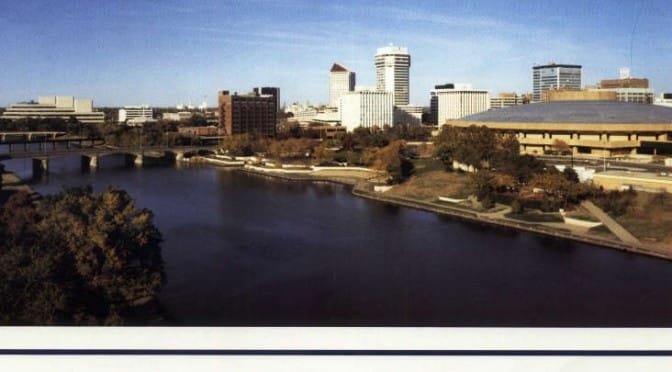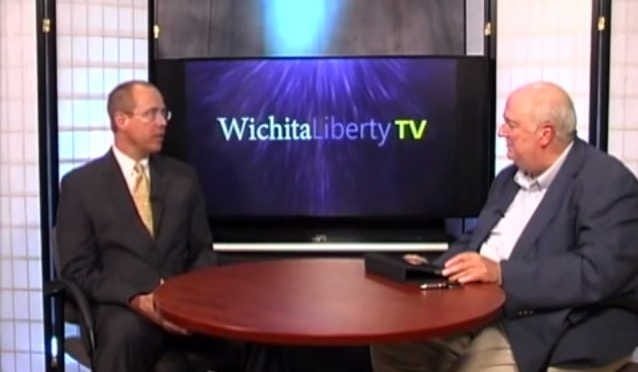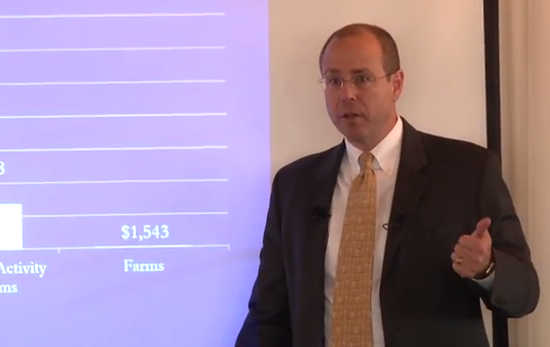Tag: Greater Wichita Economic Development Coalition
-

Wichita voters’ opinion of city spending
As Wichita voters prepare to decide on the proposed one cent per dollar sales tax, a recent survey found that few voters believe the city spends efficiently.
-

Water options for Wichita
There are solutions to the Wichita water shortage (to the extent it exists) that originate outside city hall.
-

Questions ‘Yes Wichita’ doesn’t want asked or answered
“Yes Wichita” is a group that wants you to vote “Yes” on the proposed Wichita sales tax. But this group will not answer questions. Instead they delete the inconvenient questions.
-

How much Wichita sales tax is paid by visitors?
Part of the sales pitch for the proposed Wichita sales tax is that part is paid by visitors. But there are big differences in opinion as to how much.
-

WichitaLiberty.TV: Economist Art Hall on Wichita’s water and economic development
Economist Dr. Art Hall of the Center for Applied Economics at The University of Kansas talks about issues relevant to the proposed Wichita sales tax, particularly water and economic development.
-

Water, economic development discussed in Wichita
Dr. Art Hall, Executive Director of the Center for Applied Economics at the University of Kansas School of Business, presented a lecture on water and economic development in light of the proposed Wichita sales tax.
-

For Wichita Chamber’s expert, no negatives to economic development incentives
An expert in economic development sponsored by the Wichita Metro Chamber of Commerce tells Wichita there are no studies showing that incentives don’t work.
-

To Wichita, a promise to wisely invest if sales tax passes
Claims of a reformed economic development process if Wichita voters approve a sales tax must be evaluated in light of past practice and the sameness of the people in charge. If these leaders are truly interested in reforming Wichita’s economic development machinery and processes, they could have started years ago using the generous incentives we…
-
Video: Fact-checking ‘Yes Wichita’ on paved streets
Will the proposed Wichita sales tax result in more paved streets? It depends on what you mean by “pave.” Bob Weeks explains.
-

Beechcraft incentives a teachable moment for Wichita
The case of Beechcraft and economic development incentives holds several lessons as Wichita considers a new tax with a portion devoted to incentives.
-

For Wichita city hall, an educational opportunity
Will Wichita city officials and sales tax boosters attend an educational event produced by a leading Kansas public policy institute? It will be an opportunity for city officials to demonstrate their commitment to soliciting input from the community.
-
Who does the proposed Wichita sales tax harm?
Analysis of household expenditure data shows that a proposed sales tax in Wichita affects low income families in greatest proportion, confirming the regressive nature of sales taxes.